Interview: Busting the Myths of a Workerless Future
Labor Notes

Where’s our economy headed? Soon every factory worker will have to start driving for Uber, and the trucks will drive themselves—at least so the business press tells us. But Kim Moody, co-founder of this magazine and the author of many books on U.S. labor, paints a different picture. Chris Brooks asked him to cut through the hype and describe what’s coming for working people and the opportunities for unions. This is Part 1 of an interview with Kim Moody.

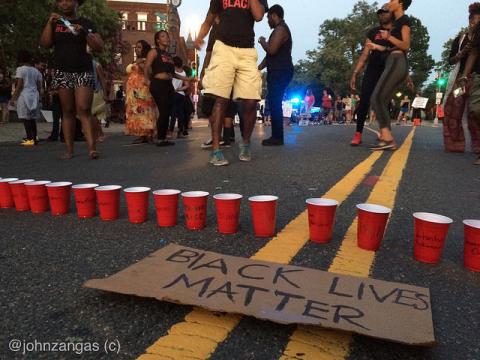
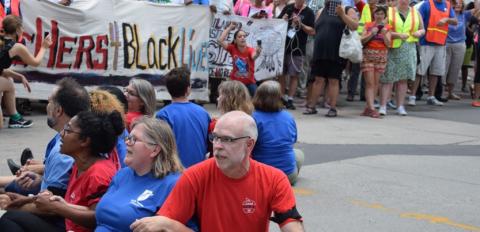
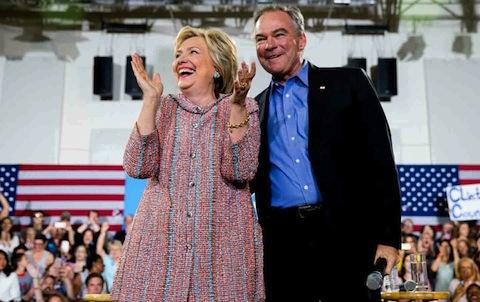

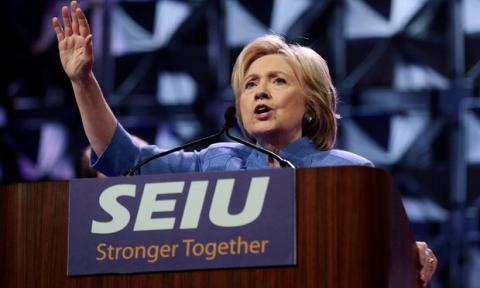

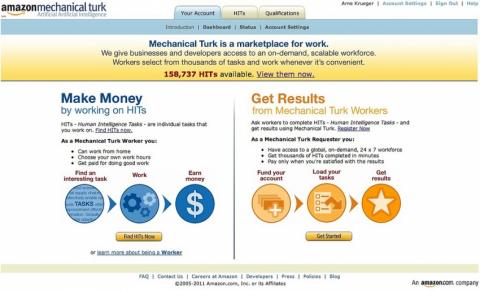
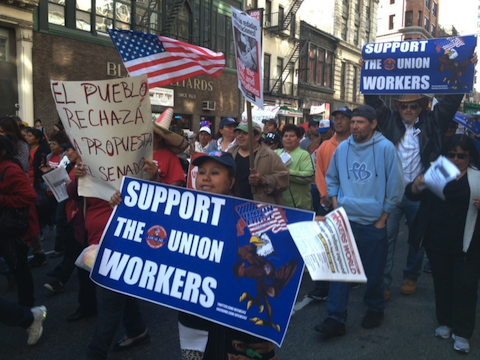
Spread the word